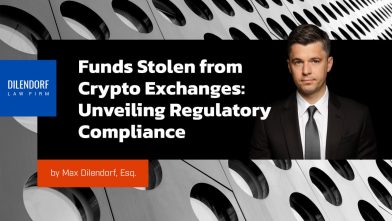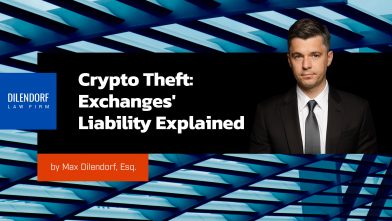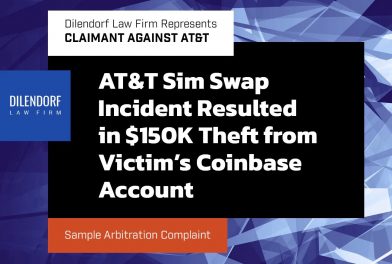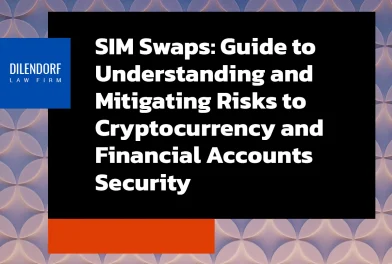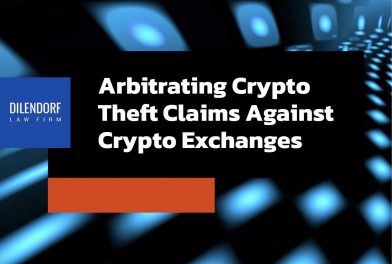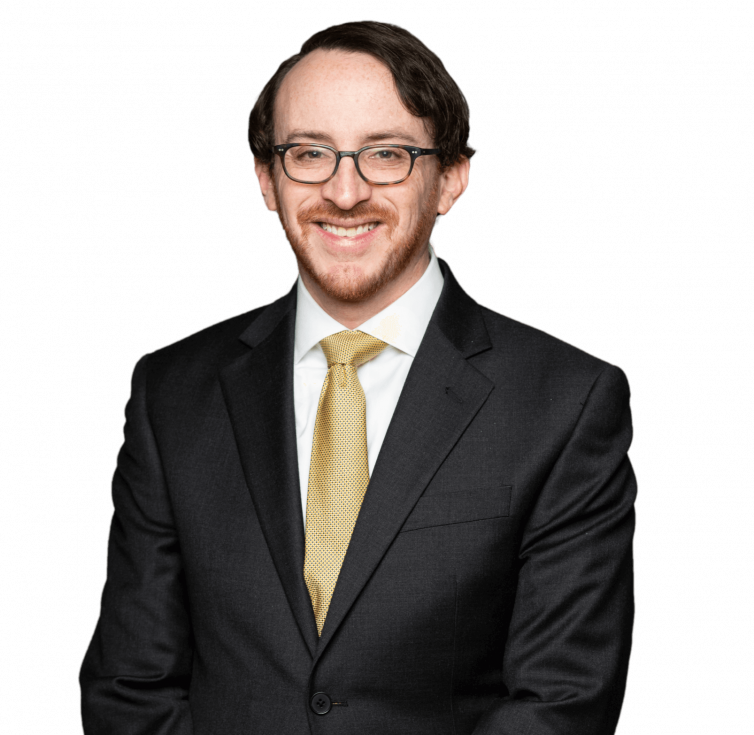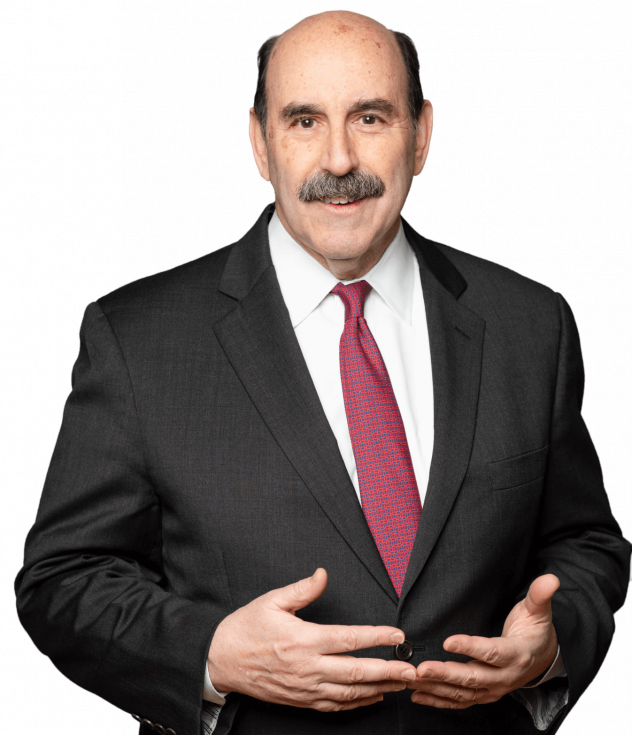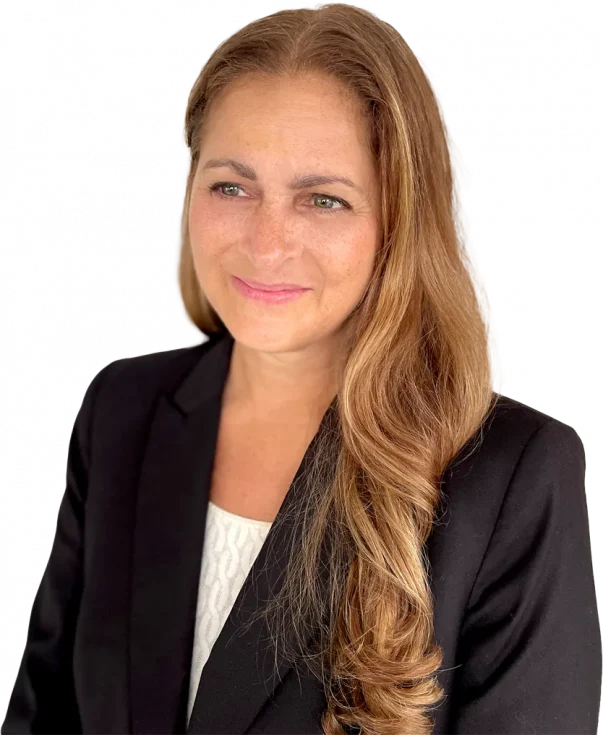“Offering of securities – but to whom?”
Short synopsis of the SEC v. Telegram hearing on preliminary injunction
The long-awaited hearing on the SEC’s motion for preliminary injunction and Telegram’s cross-motion for summary judgement dismissing the complaint took place yesterday at the courthouse in the Southern District of New York.
Judge Kevin Castel, who demonstrated exceptionally thorough understanding of the technology, market and central issue in the case, did not rule from the bench but indicated that the decision will be forthcoming before April 30th – the cut-off date under Telegram’s purchase agreements to distribute Grams to purchasers.
Such decision can bring the much-needed clarification for certain projects that currently face regulatory conundrum in the US – on one hand, they are eager and willing to comply with securities regulations when raising capital via token sales, on another hand, issuing tokens as securities can create regulatory uncertainty over the future use of such tokens on the network and the ability to develop the network without application of securities regulations to every single token transfer within the network.
Both the SEC and Telegram urged the court to look at “economic realities” of the transaction, yet their interpretation of what those are were worlds apart.
SEC argued that the initial purchasers of Grams (or rights to receive Grams) – the 171 sophisticated investors and VC funds worldwide – were not truly the purchasers but, rather, acted as underwriters in Telegram’s unregistered offering of securities to the public. SEC urged the court to look at both the private placement to initial purchasers under Regulation D, and the subsequent potential re-sale of Grams by these initial purchasers as one transaction. According to SEC, Telegram sought wide-spread distribution and re-sale to public and, thus, violated the exemption framework under Regulation D when selling Grams to initial purchasers.
Jorge Tenreiro, representing the SEC, argued that Telegram “lost control” of the private placement when the initial purchasers started re-selling their rights to receive Grams.
According to Telegram’s counsel, the company fully complied with Regulation D exemption and did not engage in unregistered sale of securities. The offering stopped with the sale to accredited investors (initial purchasers), and the US securities regulations should not necessarily apply to potential later transfers of Grams.
Alex Drylewski, arguing on behalf of Telegram, urged the court not to weave together two distinct features of an “investment contract” – the asset itself and the promise surrounding the offering and sale of such asset. Just like the oranges in Howey were not inherently securities, neither are Grams without the accompanying promise and reliance on the essential managerial efforts of Telegram’s team. While Telegram is not disputing that the offering and sale to initial purchasers was an offering of securities, the later re-sale of Grams by initial purchasers after the network launch is not. The fact that Telegram would continue taking certain actions in connection with the network until the governance is fully decentralized are merely transitory services and do not rise to the “essential managerial efforts” necessary to constitute an “investment contract” under Howey.
Moreover, drawing on the subjective intent of the purchasers – counsel for Telegram argued that BTC and ETH purchasers are also investors and not consumers, yet, SEC does not consider either of those currencies a security. Mr. Drylewski outlined three reasons why subsequent purchasers would buy Grams from the original investors: (1) as a medium of exchange (like BTC), (2) to build applications and power smart contracts on telegram blockchain (like ETH), or (3) for speculation (like gold, currencies and other commodities). None are Howey material.
Conflating asset with the promise would lead to disastrous consequences making it impossible to build out a functioning decentralized network. The hearing comes less than two weeks after Hester Pierce proposed to create a safe harbor addressing the very same issue:
“We have created a regulatory Catch 22. Would-be networks cannot get their tokens out into people’s hands because their tokens are potentially subject to the securities laws. However, would-be networks cannot mature into a functional or decentralized network that is not dependent upon a single person or group to carry out the essential managerial or entrepreneurial efforts unless the tokens are distributed to and freely transferable among potential users, developers, and participants of the network. The securities laws cannot be ignored, but neither can we as securities regulators ignore the conundrum our laws create”
Judge Castel agreed that the asset itself inherently is not a security and drew attention to the central question in the case: the initial sale of Grams was an offering of securities – but to whom? Did the offering stop at private placement, or does it continue to subsequent re-sales after the network launch? Thanking both parties for submitting a stipulation of undisputed facts, Judge Castel hinted that neither party’s position is weak leaving no indication as to which way he would rule.

